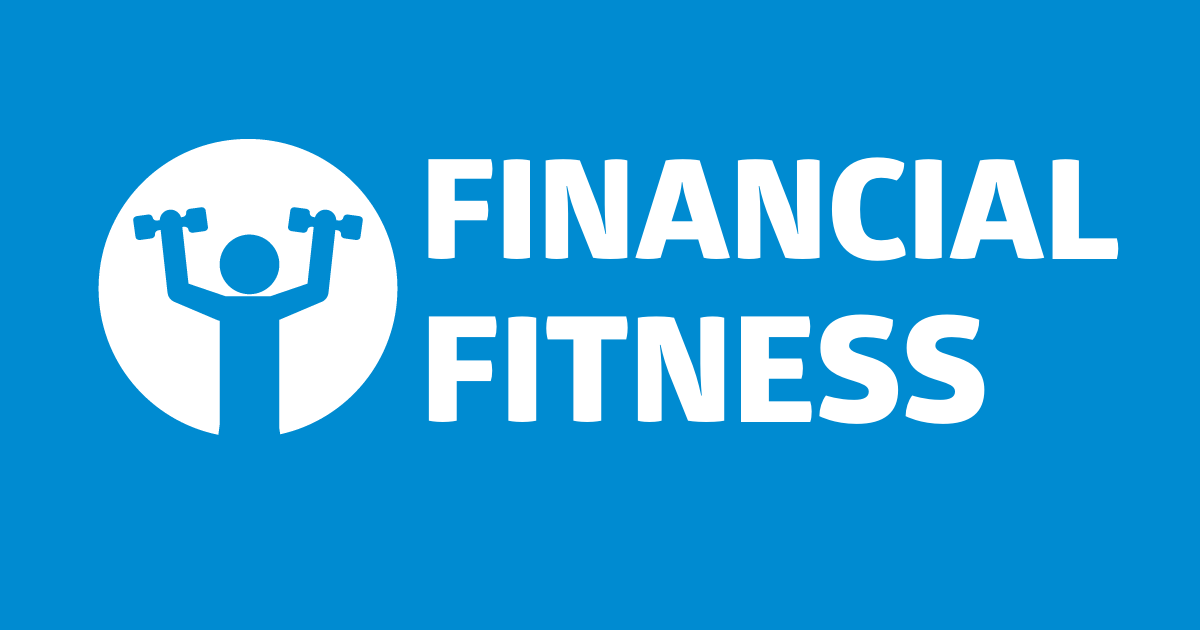By Charlestien Harris
I have been getting numerous inquiries about next steps when it comes to the pandemic and mortgage solutions available to homeowners as they navigate this difficult time. Therefore, I have provided the five steps that should be taken below. This information can apply to both a CARES Act forbearance and other mortgage relief that you might receive.
1. Stop or change auto-payments for your mortgage. If you are having your mortgage payment deducted automatically from your bank account, make sure you make any necessary adjustment to avoid any fees or charges. Remember, your payment has been temporarily suspended during the forbearance period.
2. Pay attention to your monthly mortgage statement. Continue monitoring your monthly mortgage statements to make sure you do not see any errors. This is critical because this could result in additional fees and other charges being added or not being recorded correctly.
3. Keep an eye on your credit. It is a good idea to check your credit reports routinely in order to make sure there are no errors or inaccuracies. You can check them weekly through April 2021 without incurring a fee on annualcreditreport.com.
Servicers may report that your account is in forbearance. However, if you were otherwise current on your account and have received relief as defined by the CARES Act, your servicer or creditor is required to report your account as current. If you stop making mortgage payments without a forbearance agreement, the servicer will report this information to the credit reporting companies, and it can have a lasting negative impact on your credit history. If an error has been made you can work to dispute it. You can contact your local HUD Counseling Agency for assistance.
4. Your property taxes and insurance should continue to be paid by your servicer if your mortgage has an escrow account, but you may want to confirm that with your servicer. If your mortgage does not have an escrow account, you will be responsible for paying property taxes and insurance payments. You are responsible for making any HOA and condominium fees during forbearance. There may be an escrow shortage when you leave forbearance. Discuss with your servicer your potential options.
5. Get any agreements and terms in writing!
Contact your servicer if you need a forbearance. That option created by the CARES ACT is available until December 31, 2020, unless congress decides to extend the provision. Get more information about how to protect your credit during the coronavirus pandemic and other important facts from the CFPB website: www.cfpb.gov. You can also call your local Southern Bancorp Bank branch to contact a Credit/HUD Certified Housing Counselor. I can be reached at 662-624-5776 or email me at Charlestien.harris@southernpartners.org with your questions or concerns about this topic. Until next week, stay financially fit!
